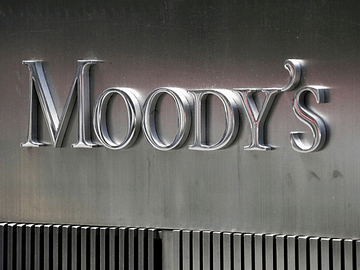Mumbai: Moody’s Investors Service, while silent on the sovereign rating on the higher-than-expected fiscal deficit numbers, expressed doubts over attaining the higher revenue targets and divestment realisation as assumed in the Budget.
The Union Budget 2021-22 has pegged a fiscal deficit of 9.5 per cent for the current financial year as against the consensus 7 per cent, and 6.8 per cent for 2021-22 with a market borrowing of around Rs 12 lakh crore. It also assumes Rs 1.75 lakh crore to be scooped up from divestment.
The Fiscal Responsibility and Budget Management Act will also be amended to achieve a fiscal deficit of 4.5 per cent of GDP by 2025-26 only.
“The fiscal deficit target of 6.8 per cent for 2021-22 tries to strike a balance between supporting growth and a modest deficit reduction, but improvements in tax compliance and monetisation targets may be difficult to achieve,” the rating agency said in a note.
The note was authored by Moody’s Associate Managing Director (Sovereign Risk) Gene Fang and its Vice-President and Senior Credit Officer (Financial Institutions) Alka Anbarasu.
However, the note said the government has limited room to reduce spending without further weakening growth, and nominal GDP growth will remain critical for future deficit reduction.
Overall, the Budget highlights the challenges to stabilising the debt trajectory following the pandemic-induced shocks.
Although a decline in new pandemic cases and normalising activity are driving the rebound, the lasting effects of the pandemic on the economy will continue to pose downside risks to sustained growth in the medium-term, they said.
This risk is embodied in the negative outlook on the rating of Baa3 with a stable outlook, it said adding that before the pandemic, the general government debt was already significantly higher than the average for sovereigns rated in the Baa3 peers.
On the plans to privatise two state-owned banks and a general insurance company and also to take LIC public with an IPO, the note said divesting government stakes in banks is credit-negative for the banks involved, as it will reduce the ongoing government support for them.
Nevertheless, privatisation can make those banks more market-oriented, which will be positive for the industry as a whole, it added. (AGENCIES)


